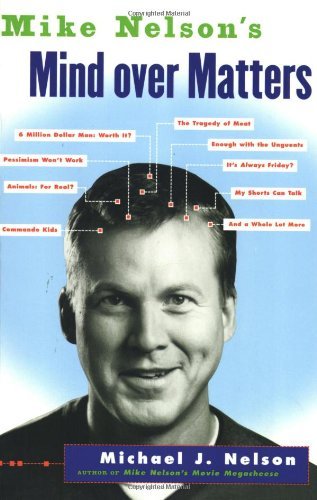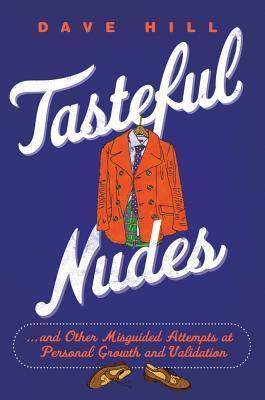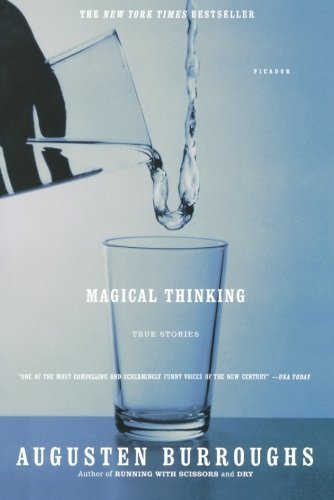
Mike Nelson's Mind over Matters
Book Description
What happens when the mind becomes both the greatest ally and the fiercest adversary? In "Mike Nelson's Mind over Matters," chaos erupts as the boundaries of reality blur and mental strength is put to the ultimate test. Dive into a world where the power of thought can reshape destinies—where every decision carries colossal weight and inner demons threaten to derail everything. As relationships fracture under pressure and the stakes spiral out of control, will the mind rise above the turbulence or fall victim to its own shadows? Can true mastery of one's thoughts lead to redemption, or will it unveil a darkness that can't be contained?
Quick Book Summary
"Mike Nelson's Mind over Matters" is a kaleidoscopic collection of humorous essays that explores the unpredictable terrain of human cognition. Through wit, satire, and absurd personal anecdotes, Michael J. Nelson delves into the ways our minds can both empower and sabotage us. From ridiculous attempts to conquer everyday challenges to the battle with existential anxieties, Nelson’s musings unravel the bizarre logic and illogical twists that shape our perceptions and actions. By confronting mental quirks and unraveling social absurdities, the author reveals both the vulnerabilities and strengths inherent in the human psyche. This collection is as much an introspective journey as it is comedic, challenging readers to embrace the unpredictability of thought and the hilarious chaos of being sentient.
Summary of Key Ideas
Table of Contents
The Unreliability of the Human Mind
Michael J. Nelson opens his collection with playful yet incisive explorations into how the mind constantly distorts reality. He employs personal anecdotes—like his comic attempts at ordinary tasks—to highlight the unpredictability and sheer unreliability of thought. Nelson pokes fun at common cognitive foibles: forgetfulness, obsessive worrying, and the tendency to overthink simple issues. These stories, layered with irony, underscore how our faculties can trick us as much as they guide us, setting the stage for a journey where mental strength is portrayed as both a gift and a curse.
The Struggle Between Rationality and Irrationality
Moving into the heart of his essays, Nelson unpacks the ongoing duel between reason and emotion. He illustrates, often through outrageous inner dialogues, how even the soundest logic can be hijacked by irrational anxieties. The author lampoons his own fears and insecurities, exposing readers to the universal challenge of making decisions when our minds are muddled by competing thoughts and impulses. Critiquing everything from self-improvement culture to doomsday scenarios, Nelson uses self-deprecation and comic exaggeration to show how easily rationality can be overwhelmed.
Humor as a Coping Mechanism
The book’s tone deepens as Nelson contemplates relationships—both romantic and platonic—strained by the caprices of the mind. He provides biting yet affectionate commentary on how neuroses and personal baggage can sabotage connections. With sharp humor, Nelson offers vignettes of social mishaps and the rapid escalation of trivial misunderstandings into emotional meltdowns. The essays deftly illustrate how relationships are built and sometimes fractured by the internal dramas we each harbor, reinforcing the idea that much of life’s tension is self-generated.
Relationships Under Psychological Stress
Nelson’s comedic approach functions as a means of coping with the darker aspects of mental life. Throughout the essays, laughter becomes his ultimate tool for confronting anxiety, fear, and uncertainty. He recognizes humor not just as entertainment, but as a vital defense against the overwhelming or absurd aspects of existence. By mining his struggles and idiosyncrasies for laughs, Nelson presents the possibility of resilience through acceptance, undermining the stigma surrounding psychological difficulties.
Transcendence and Acceptance of Mental Chaos
The collection concludes with reflections on acceptance and transcendence—finding peace amid internal chaos. Nelson concedes the impossibility of perfect mental control, instead advocating for embracing the unpredictable nature of mind. Ultimately, he sees redemption not in conquering all thoughts, but in learning to coexist with their tempestuous nature, and in finding moments of joy and levity amidst struggle. The essays evoke hope that, through humor and self-awareness, one can rise above the adversities posed by the mind itself.
Download This Summary
Get a free PDF of this summary instantly — no email required.





